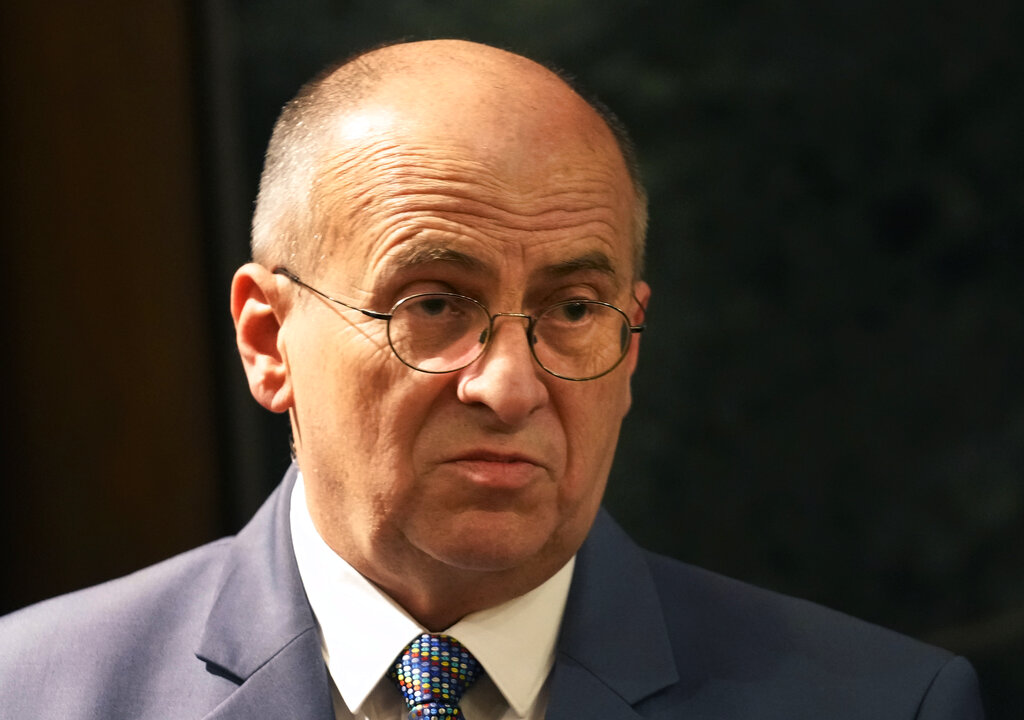Polish Foreign Affairs Minister Zbigniew Rau has revealed his government would support withdrawal from the 1997 NATO-Russia Founding Act because NATO should no longer be limited in terms of its troop deployment on its eastern flank following Russia’s actions in Ukraine.
During his annual foreign policy address to the Polish parliament, Rau claimed Russia has already broken the most fundamental principles of the agreement.
He confirmed that NATO is now central to Polish foreign policy and that, as a result of Poland’s location on the eastern flank of the alliance, its government now has additional responsibilities with regard to ensuring it is adequately armed. The minister signaled that at July’s Vilnius summit, the alliance would make the necessary commitments to ensure it is capable of defending NATO territory against any aggression. This would reduce the risk of further aggression after the conflict in Ukraine, argued Rau.
“NATO and its member states cannot feel constrained in terms of decisions on the location of their troops by the NATO-Russia declaration because it is Russia that has broken the commitments it made in that declaration,” Rau said, adding that “any unilateral constraints on the part of NATO in terms of troop allocations on its eastern flank would be perceived as weakness and serve as encouragement for further aggression”.
Poland’s top diplomat assessed that NATO had been “unwise” to give Russia the right to make demands for the limitation of NATO forces on the territories of NATO’s new member states. He continued to say that NATO’s decision to unilaterally maintain that position, even after the annexation of Crimea, has sent Moscow a message that NATO will accept Russian demands for each side to have spheres of influence. It is this that led Russia in 2021 to threaten Ukraine and demand that NATO should withdraw its troops from its eastern flank.
Rau believes that the NATO-Russia Founding Act in its present form is defunct, and warned that even if Russia begins to respect international law once again, a new agreement between the country and NATO will be required.





